250,000 parcels of land in huge native title ruling for Sunshine Coast
Sunshine Coast civic leaders say locals have nothing to fear from a massive native title ruling which covers more than 250,000 individual parcels of land within eight local government areas.
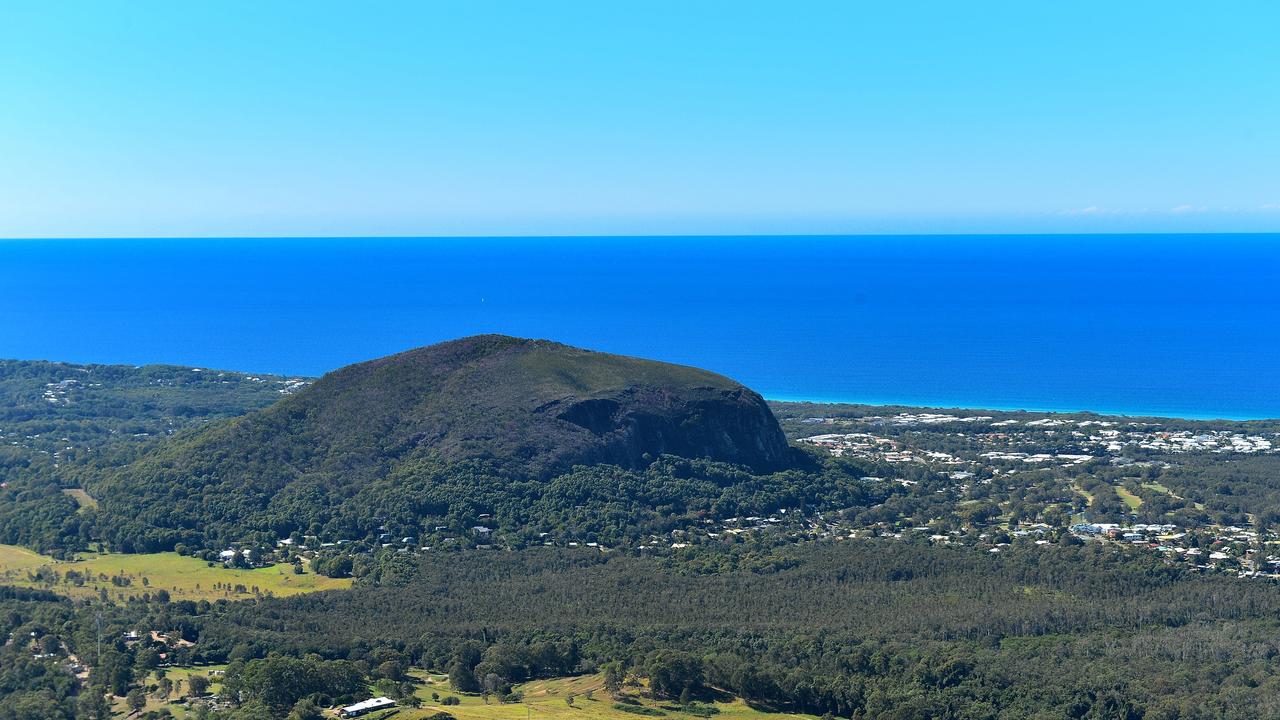
Sunshine Coast civic leaders say locals have nothing to fear from a massive native title ruling which covers more than 250,000 individual parcels of land within eight local government areas.
Mayor Rosanna Natoli said the council was looking forward to continuing to work with both the Kabi Kabi and Jinibara peoples as the traditional custodians of the Sunshine Coast region.
“The Kabi Kabi area commences at Redcliffe and extends to around Isis Junction in the Bundaberg Region. It covers a total area of approximately 12,422km2,” Ms Natoli said.
Premier Steven Miles welcomed the ruling over more than 365,000 hectares of land.
“It has no effect on freehold land and the Kabi Kabi people have said that they want people to continue to enjoy what makes the Sunshine Coast great, the Glasshouse Mountains, Mount Coolum, the beaches.
“So I don’t think there’s anything here to be concerned about. In fact, if anything it’s an opportunity for us to better understand, better integrate those first nations stories into our understanding of the land.”
Ms Natoli said native title claims did not apply to residential freehold land or public works like roads, schools or hospitals.
“The Kabi Kabi claim is a non-exclusive native title, which is where rights coexist alongside other property rights, which means native title holders don’t control access to lands,’’ she said.
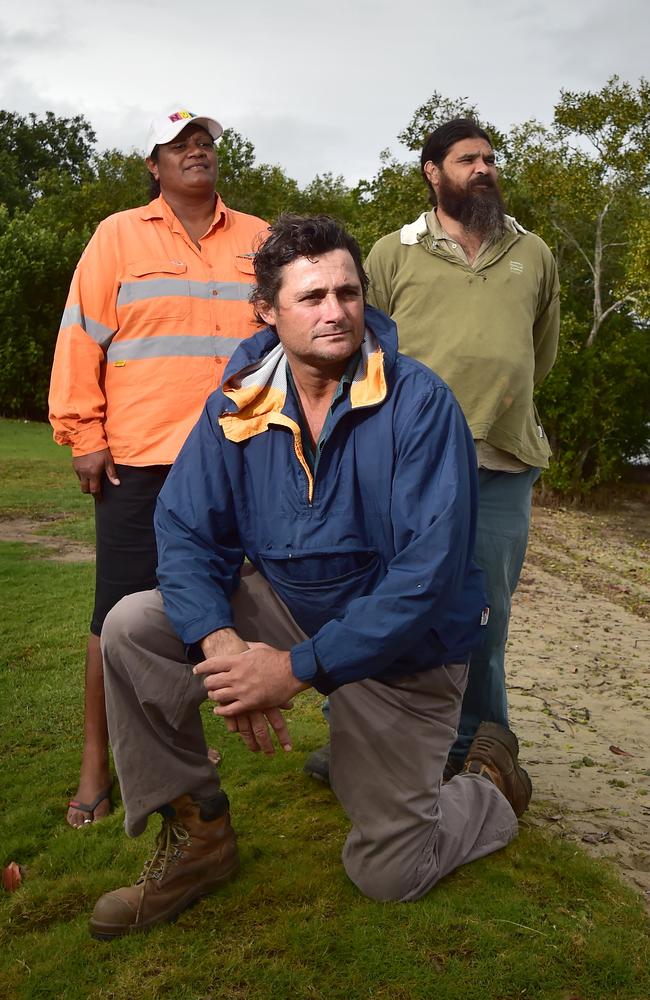
“Non-exclusive rights can include the right to live and camp in the area, build temporary shelters, hunt and fish on the area, collect food, conduct ceremonies and maintain and protect places of cultural importance.”
The Kabi Kabi join with the Jinibara peoples who between them now have Native Title across the Sunshine Coast areas.
The Jinibara have had Native Title for regions including Maleny and the southern hinterland of the Sunshine Coast since 2012.
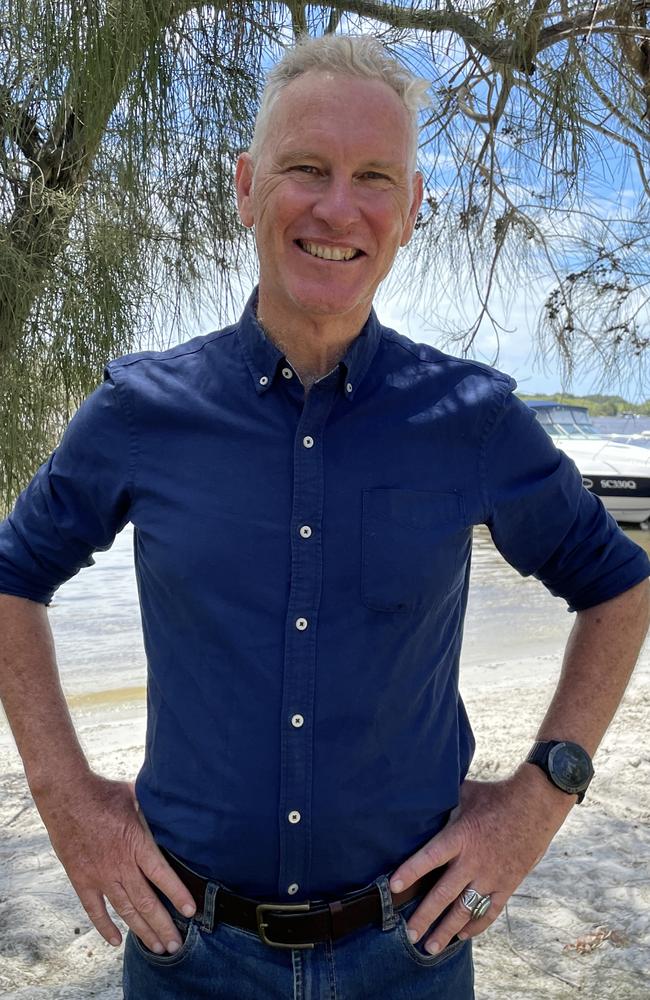
Noosa Council also congratulated the Kabi Kabi Peoples Aboriginal Corporation on the Federal Court’s formal recognition.
Mayor Frank Wilkie said the ruling was a significant milestone for the Kabi Kabi People.
“This has been over a 10-year process and an incredible journey for those involved,” he said.
“This claim sits with the 616 others already determined around Australia and highlights our collective responsibility as custodians for this place we all love,” Mr Wilkie said.
Veteran Coast councillor Joe Natoli said the last council supported the bid by the Kabi Kabi people unanimously.
The Division 4 representative said people should not fear the court ruling.
“I think, you know, as white Australians we come to this country that was already settled for 60,000 years.”
He said that if Australia was ever going to be one nation we needed to understand reconciliation “for what it is” and recognise native title over land
‘WON’T BE TELLING PEOPLE TO GET OFF THE LAND’
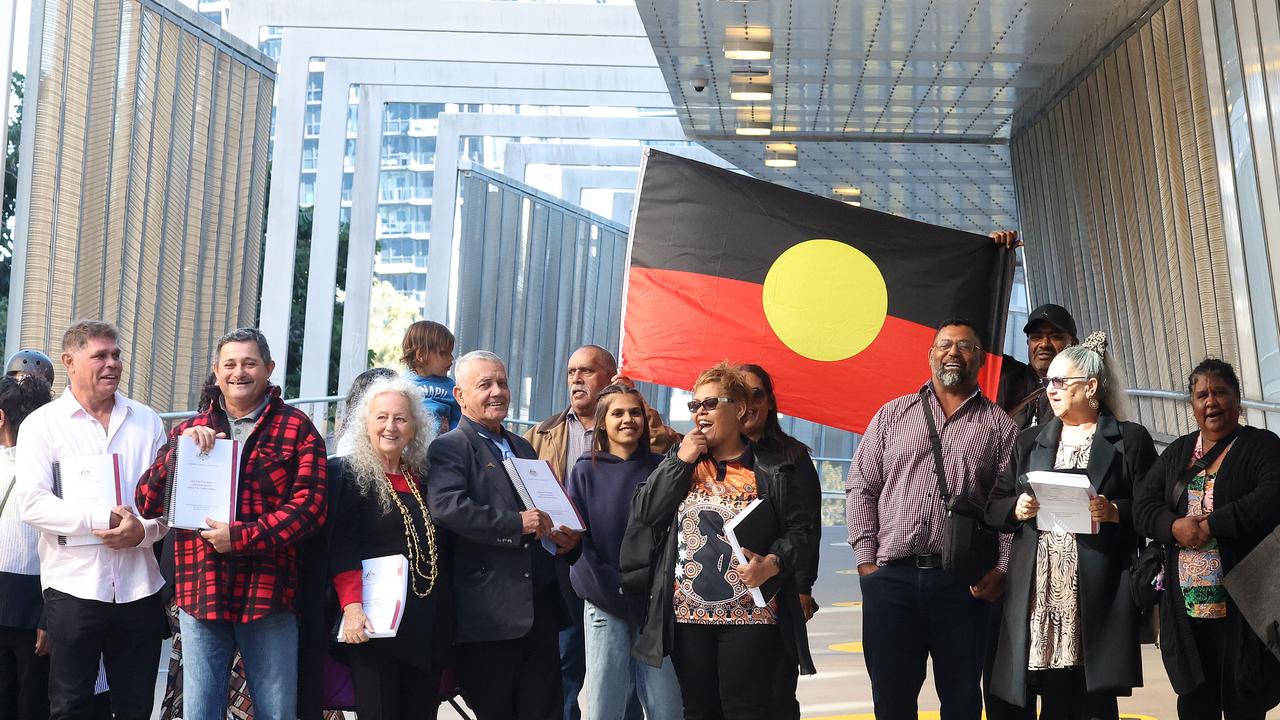
Indigenous groups have hailed the Federal court decision and vowed it will not prevent others using key landmarks or result in them telling the public to ‘get off the land’.
The Kabi Kabi people have been formally recognised as native title holders for an area that stretches from Elimbah Creek to include Sandstone Point, Bribie Island, Cooloola National Park, Curra State Forest, Mary River, and the Isis River.
In the east it includes from the lowest astronomical tide of the coastline west to Nambour, Jimna and the Burnett and Coast Ranges.
The determination area includes Gympie, Noosa, Maroochydore, Caloundra, Bribie Island and Mudjimba Island.
Only “Part A” of the Kabi Kabi’s Native Title claim was agreed to and granted on Monday. Part B and Part C relate to other claimed areas of land and are ongoing.
Part B is a contentious issue because another Indigenous group is also claiming rights to the land in question.
There are ongoing negotiations with the State of Queensland regarding Part C because it is a highly urbanised area and requires further consideration.
‘BACKYARDS ARE SAFE’
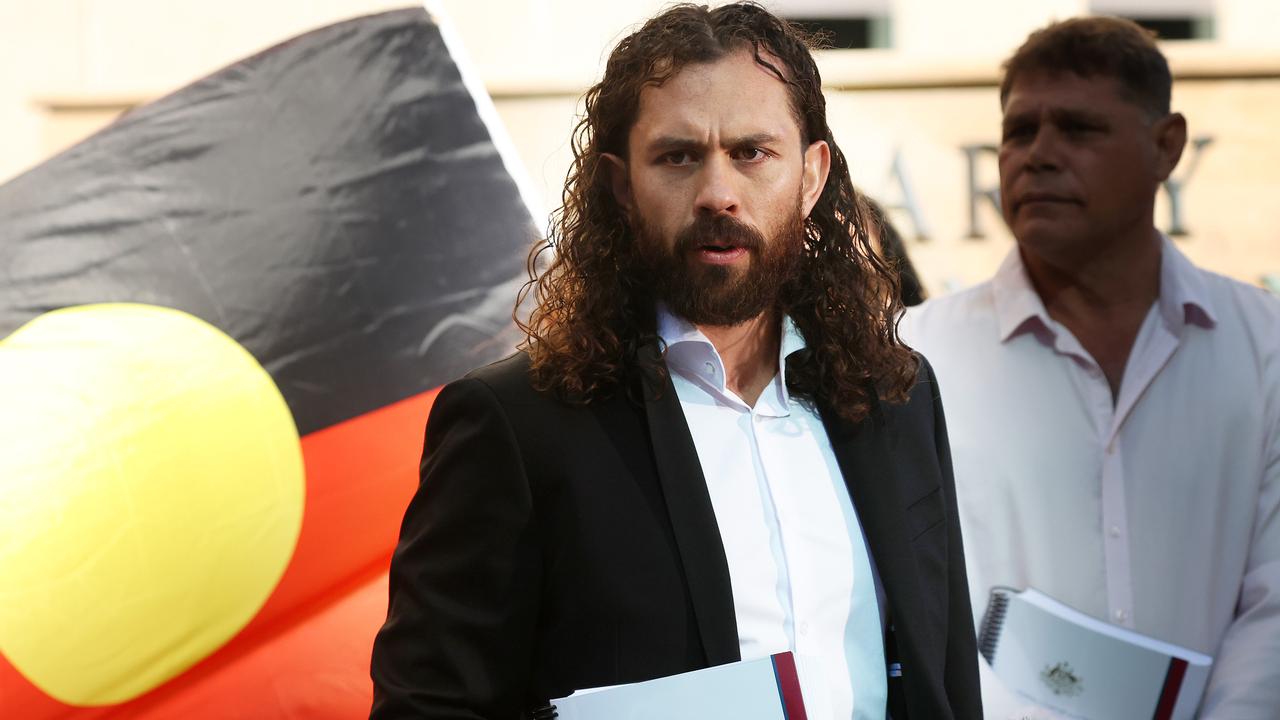
University of Queensland’s Adjunct Professor Jonathan Fulcher, one of Australia's leading native title and cultural heritage lawyers, said: “People’s backyards are safe.’’
“It’s a pretty standard process and won’t affect any of the freehold land up on the Sunshine Coast.
“They don’t need to be concerned. Native title seems like a complicated thing to many people when really it probably won’t affect them at all,” he said.
“It could affected some council land but really they would just have to issue notices informing the Kabi Kabi people of some activities. It’s won’t cause drama.
“Most of the time people won’t notice. The only place where it will be determined to exist is still Crown land.
“It’s an unfounded fear. Their land interests are still protected by the law. You’re still free to go about your business.”
11-YEAR BATTLE FOR RECOGNITION
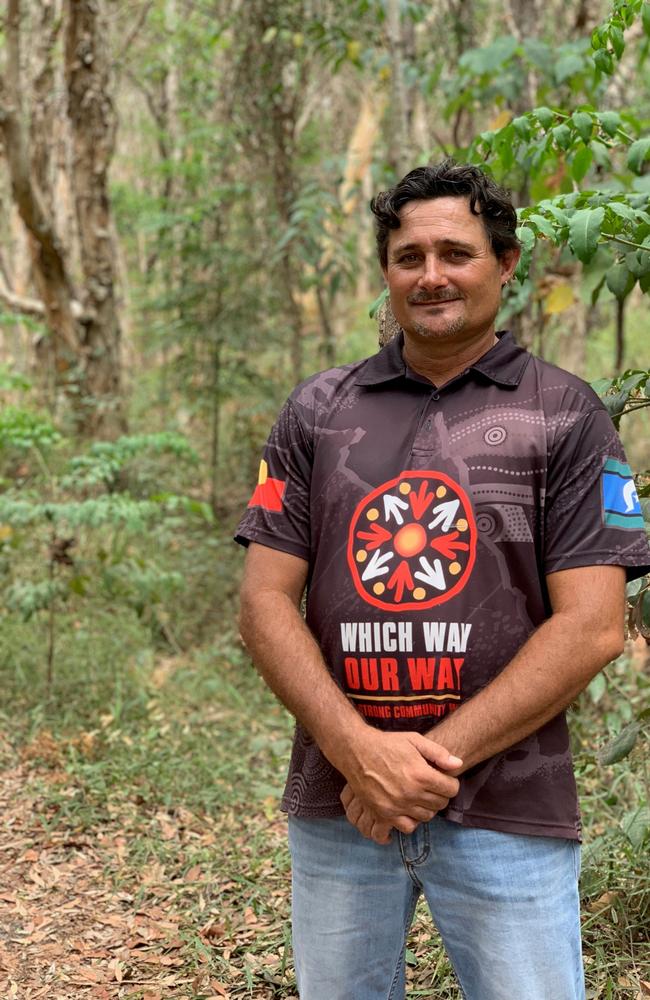
Lawyer Michael Allbrook, representing the Kabi Kabi people, said the case had been an 11-year battle for the Indigenous group, with the initial claim filed in May 2013.
“The Kabi Kabi people have lived in the Sunshine Coast area for thousands of years,” he said.
“The State of Queensland, with legal advice, has undertaken a review of the application and agreed to consent.
“This court determination will preserve, protect and recognise what the Kabi Kabi people already know.”
“This is also the first time in South East Queensland that a right to take resources is being recognised.”
Leading native title lawyer Richard Abraham, who heads native title practice for the highly-respected MinterEllison firm, said fiery debate over the issue was clouded by “a lack of understanding” and Monday’s court decision would have little impact on anyone.
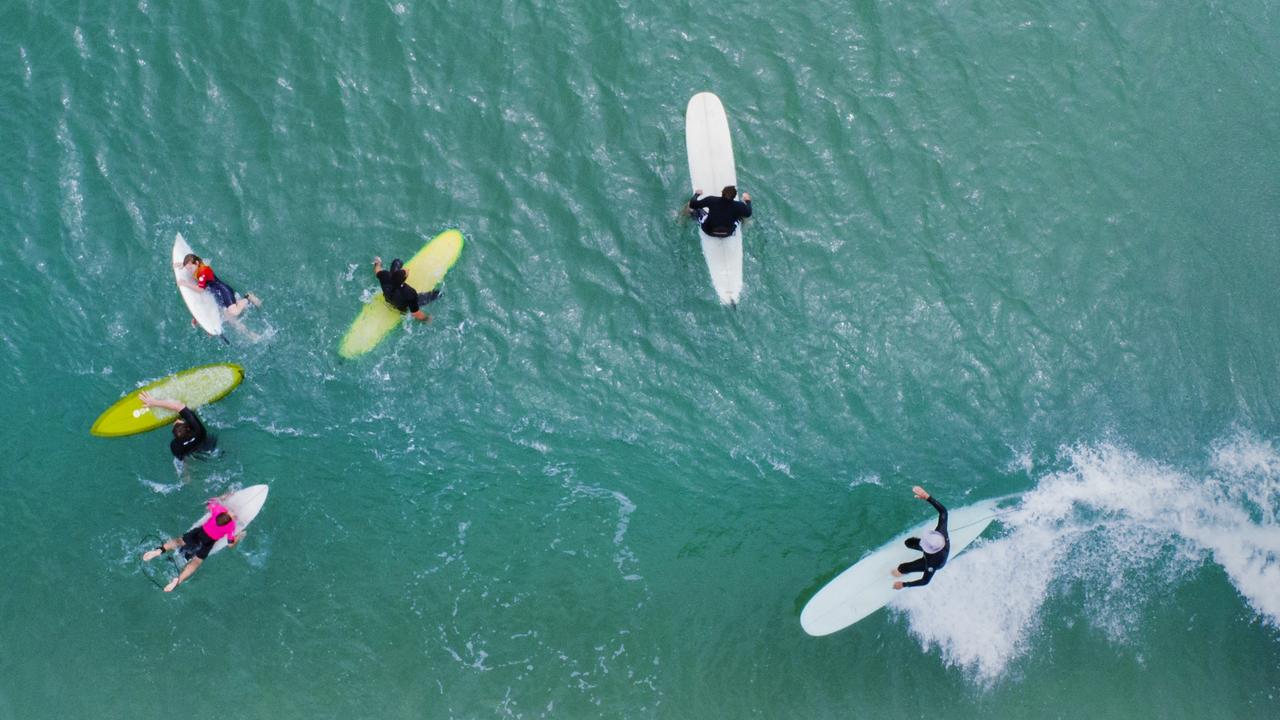
“There’s a lack of understanding over what native title actually is and out of that comes unnecessary levels of fear,” he said.
“The reality is if it hasn’t impacted your life to date, it’s not going to affect you the day after a court decision.
“There have been hundreds of native title rulings across the country and it’s only when they are close to urban areas that we see a certain level of fear and alarmist behaviour.”
He said Monday’s ruling would only deliver certainty and formal acknowledgment for the Kabi Kabi people.
SOME DIED BEFORE SEEING RULING
Lawyers for the State of Queensland, the Commonwealth, and the various local councils involved in the Native Title claim spoke briefly during Monday’s hearing to confirm all parties had reached an agreement and to congratulate the Kabi Kabi people.
Acting Chief Justice Berna Collier acknowledged that some members of the original Kabi Kabi claim group had died before they could see their application granted.
“There are two qualifications involved – the court must be satisfied that the terms of agreement between the parties are within the power of court, and the court must also be satisfied that it is appropriate for the proposed orders to be made.
“There have been many procedural and negotiation steps along the way.”
“The fact that senior members of the claim group are no longer with us serves as a reminder for Native Title proceedings to conclude in the most timely manner possible so members can enjoy the Native Title rights.
“I congratulate everyone involved for reaching an agreement in this matter … this is deserved recognition.”
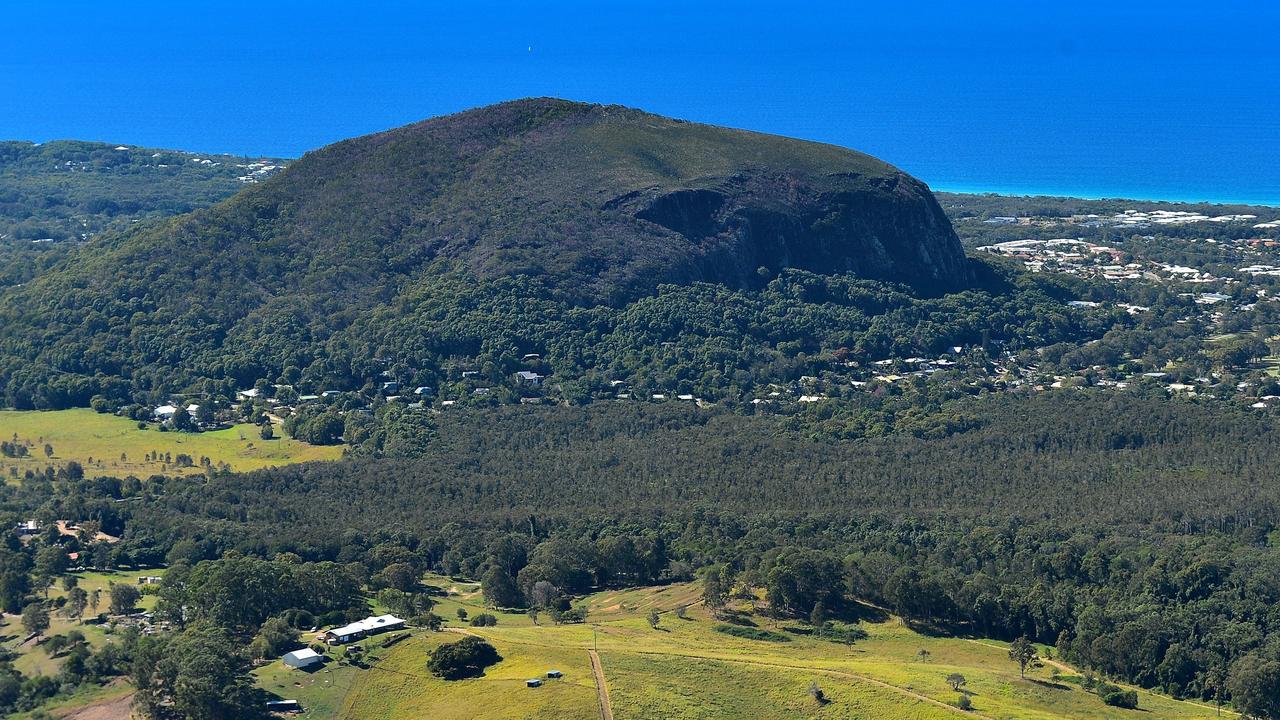
Kabi Kabi traditional owner Norman Bond said the ruling meant ‘stability and grounding to build the Kabi Kabi Nation to where it should be’.
‘It means the Kabi Kabi People can be formally recognised by all tiers of government and by the public without feeling they (Kabi Kabi People) have to justify who they are, because the native title claim process was not complete.’ Mr Bond said.
The Kabi Kabi People hold non-exclusive native title rights over their traditional country meaning they have the right to hunt and camp.
But the rights do not prevent non-Indigenous people from using the land if they also have a legal interest to that land, Queensland South Native Title Services said.
Similar native title rights have been recognised over a large portion of Queensland, including regional towns such as Winton, Gladstone, Bundaberg and Rockhampton.
The rights recognised today are similar in nature to those recognised by the Kabi Kabi People’s neighbours, the Butchulla People who hold native title around Hervey Bay and K’Gari.
“When an Aboriginal Group holds non-exclusive native title rights, that group cannot tell the public to “get off the land”. They cannot control who can access the land,’’ the native title body said.
Critics of native title, however, have pointed to disputes which have flared elsewhere, including Burrum Heads, near Hervey Bay.
Residents had been chased away from the access point to the idyllic beach.
The Butchulla Native Title group have criticised the actions of the group saying there was a way for “all to enjoy this beautiful country”.
At the time, Federal MP Keith Pitt said it was unacceptable that the conflict had been continuing for more than a year.
Mr Pitt argued the best solution was for the small stretch to be removed from the exclusive use native title ruling.
The Butchulla people were granted almost 100,000ha of native title land on the Fraser Coast in December 2019, including 17,000ha of which is exclusive use.
One small section of the exclusive-use area stretches along a 20m-wide foreshore in front of Burrum Heads residents’ homes.
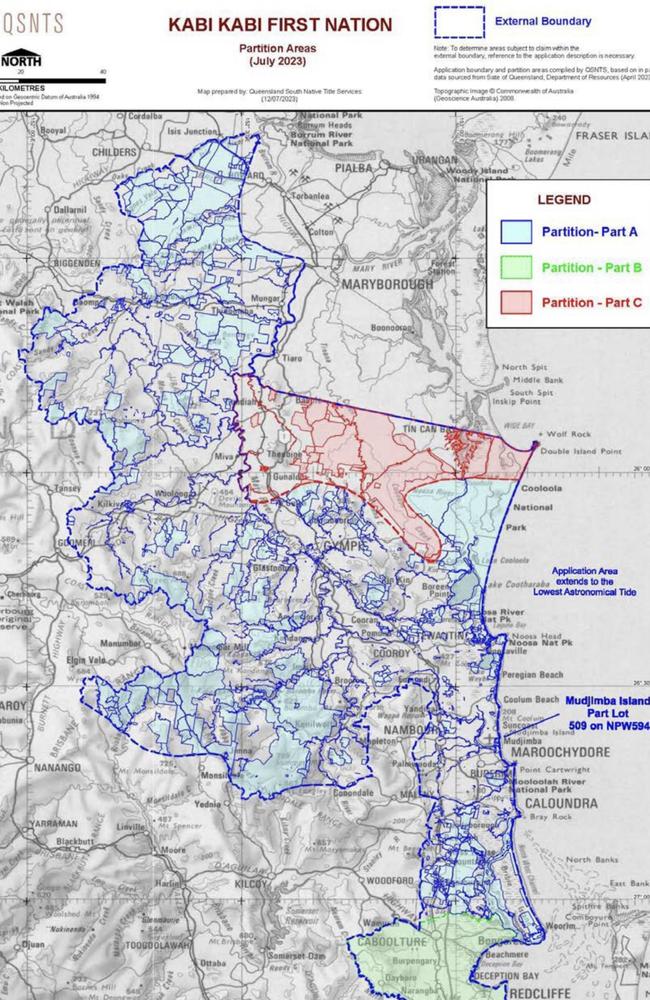
Queensland South Native Title Services CEO Tim Wishart told this publication this week: “Native title is no threat to anyone”. “It doesn’t mean Aboriginal and Torres Strait Islanders can come into Mum and Dad’s suburban backyard and set up camp,” he said.
The group has rejected any suggestion that the ruling could see the public barred from any land within the region, or charged to access any areas such as national parks.
“The recognised rights provide an opportunity for the Kabi Kabi People to work together with stakeholders to ensure that all those that enjoy Kabi Kabi Country can do so in a respectful way,’’ the body said in a statement.
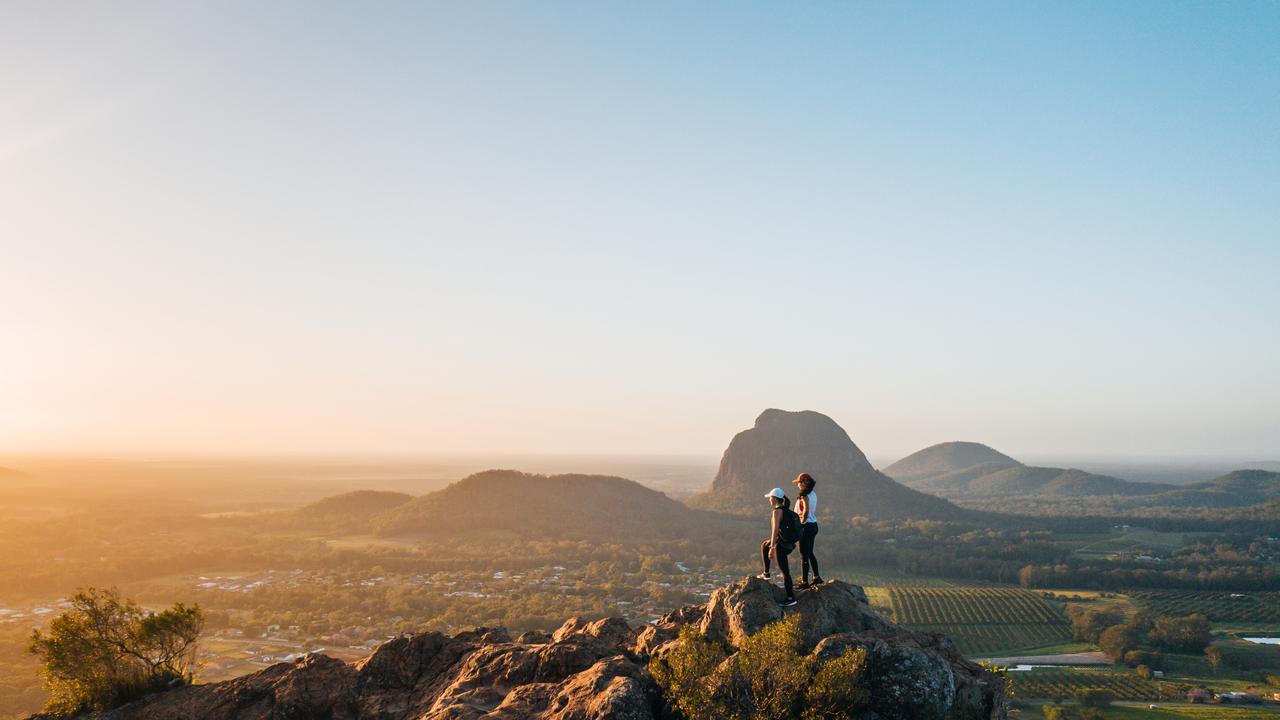
“The Kabi Kabi People are well experienced in working together with stakeholders in a way that enriches the experience of those that work, live, and visit Queensland’s Sunshine Coast, via their involvement in the establishment of the Noosa World Surfing Reserve, and measures to protect and preserve the unique nature environment on their traditional Country.’’
Kabi Kabi traditional owner, Kerry Jones said: ‘My family have never left Country, and we have always looked after and fought for the environment and all our rivers for generations and still do today.”
‘Many of our old people have passed on this journey. The determination has taken longer than I thought.’ Mr Jones said.
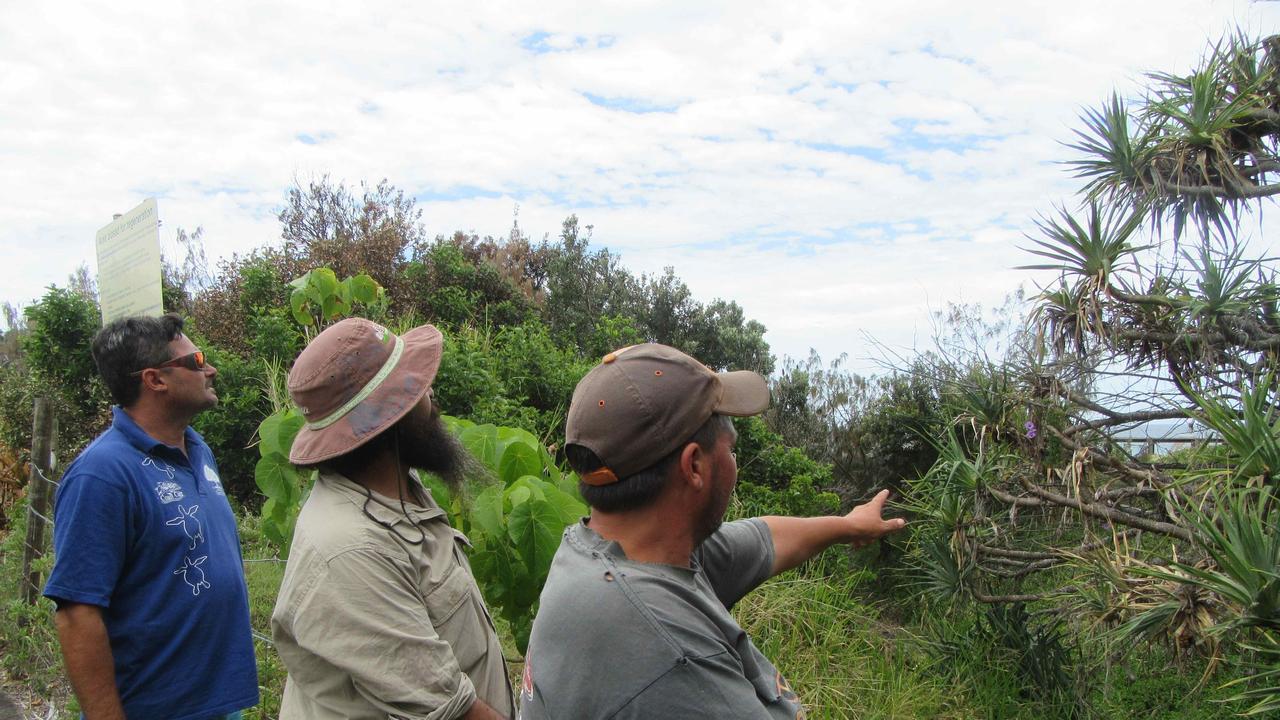
The right to ‘take resources from the area for any purpose’ is the first to be recognised in southeast Queensland. Prior to this determination, the right has been confined to personal, communal and non-commercial purposes.
In extending his congratulations to the Kabi Kabi Native Title Holders, Mr Wishart said, “‘today’s determination marks a significant milestone for the Kabi Kabi People in being recognised as the traditional occupiers of the land and waters in the area.’’
‘They have demonstrated their resilience and adherence to culture by maintaining and passing on traditional law and custom despite the dreadful effects of the colonisation process and the urbanisation of much of their Country.’ Mr Wishart said.




